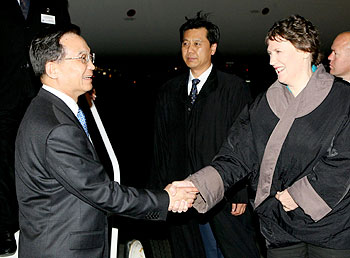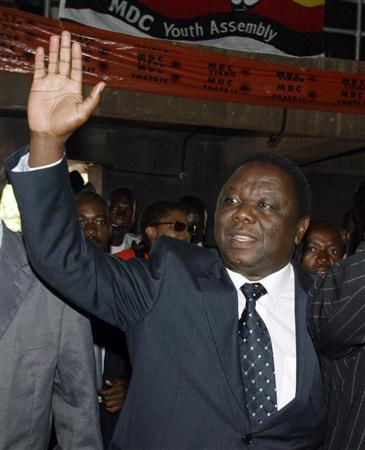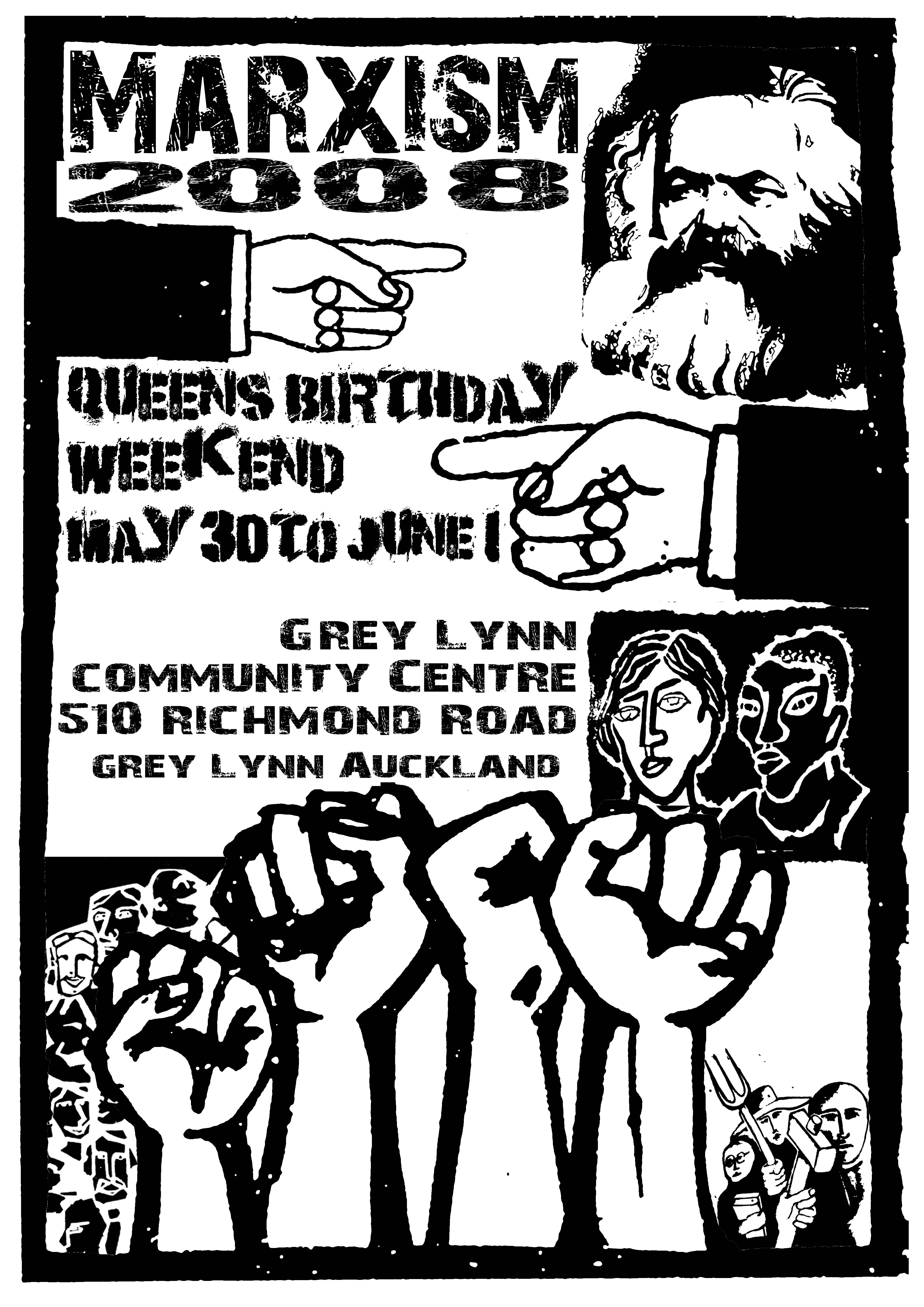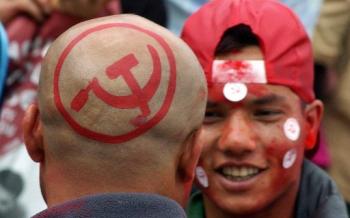Press Release
“Claims by Prime Minister Helen Clark that yesterday’s action by peace activists at the Waihopai Spy Base near Blenheim was nothing more than ‘a senseless act of vandalism’ show how totally out of touch the Labour government is with reality,” according to Workers Party national organiser Daphna Whitmore.
“Instead of complaining about the damage caused by the peace activists, Helen Clark and the Labour Party should be more concerned about the suffering being inflicted on the people of Afghanistan and other parts of the world as a result of the so-called ‘War on Terror’. Spy bases such as the one maintained at Waihopai play an integral part of that war.”
“Currently millions of dollars are spent each year on maintaining an intelligence network one of whose central aims is to aid in the repression of political activists and movements which threatened the interests of Western imperialism,” Ms Whitmore said.
“The Workers Party, which intends to contest the party vote for the first time in the upcoming 2008 general election, calls for the immediate withdrawal of New Zealand from all Western military alliances and the dismantling of repressive agencies such as the GCSB and SIS. As such we fully support the actions carried out yesterday by the three members of Anzac Ploughshares at Waihopai and call on all workers and progressive people to do likewise,” she added.




